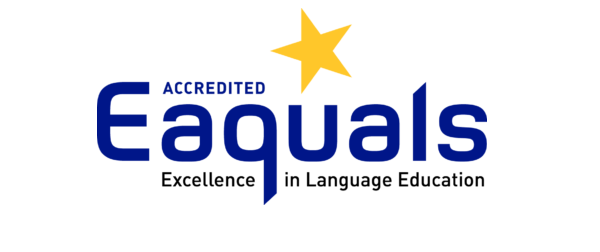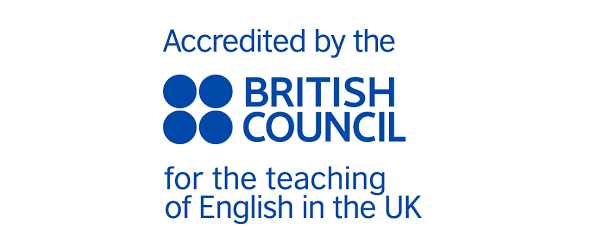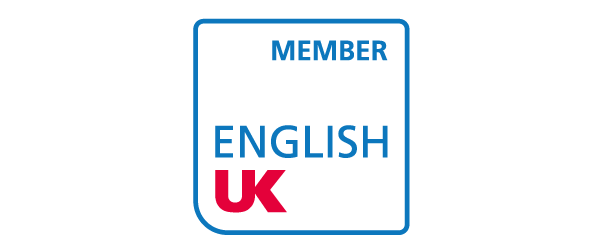Learning differences and their effects on learning
Experimental tasks which invite teachers to step into the shoes of a learner
Planning for learning, open communication and collaborating within cohorts
Analysing teaching methods in the light of learning differences
Different ways of processing information, and how this may affect learning
Resources in the immediate environment
Multisensory learning techniques
Adapting and designing materials considering accessibility for learner needs and differences
Strategies for teaching grammar, vocabulary and pronunciation
Strategies for teaching skills-based lessons
Principles of scaffolding in multisensory learning
Assessment in the inclusive classroom



